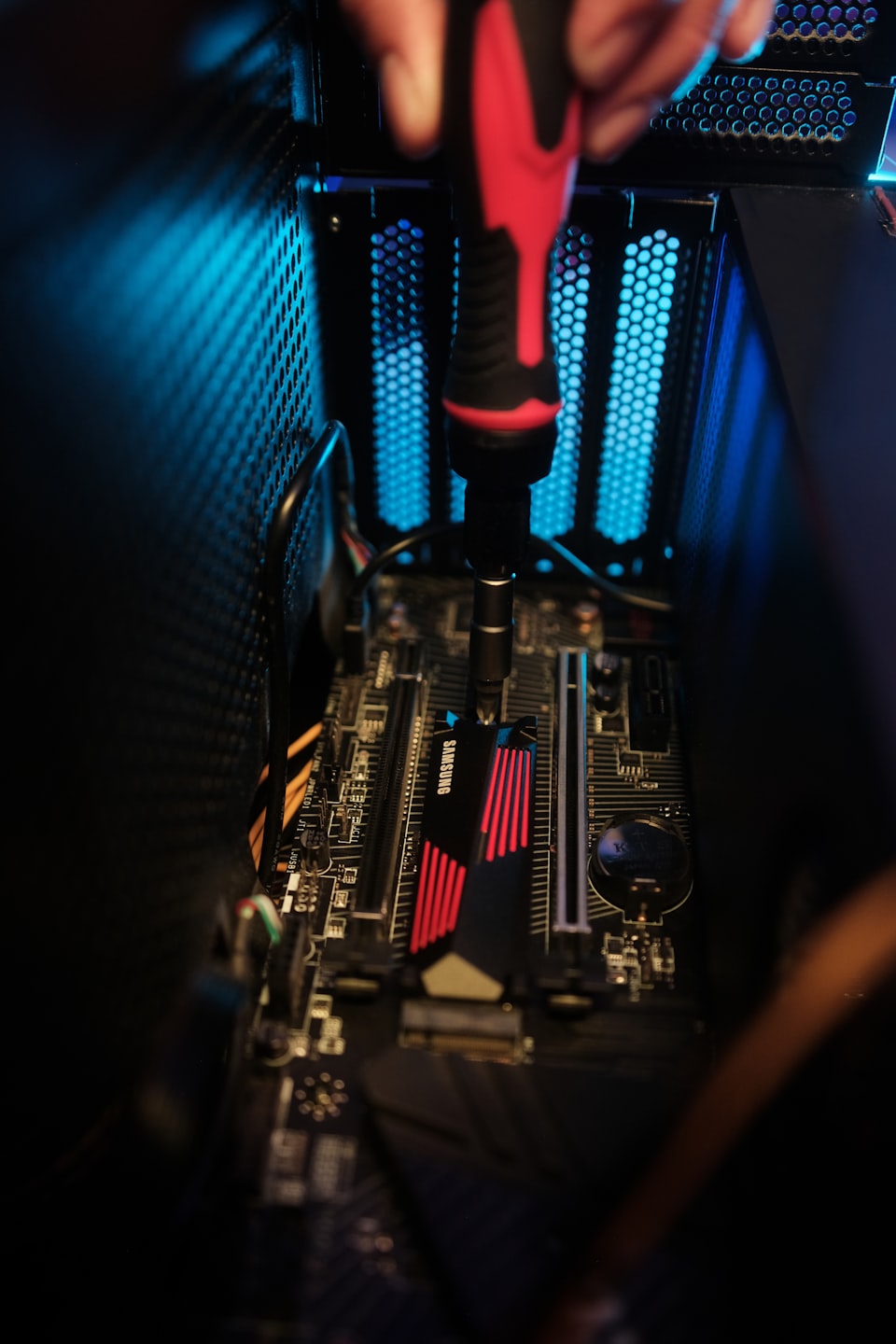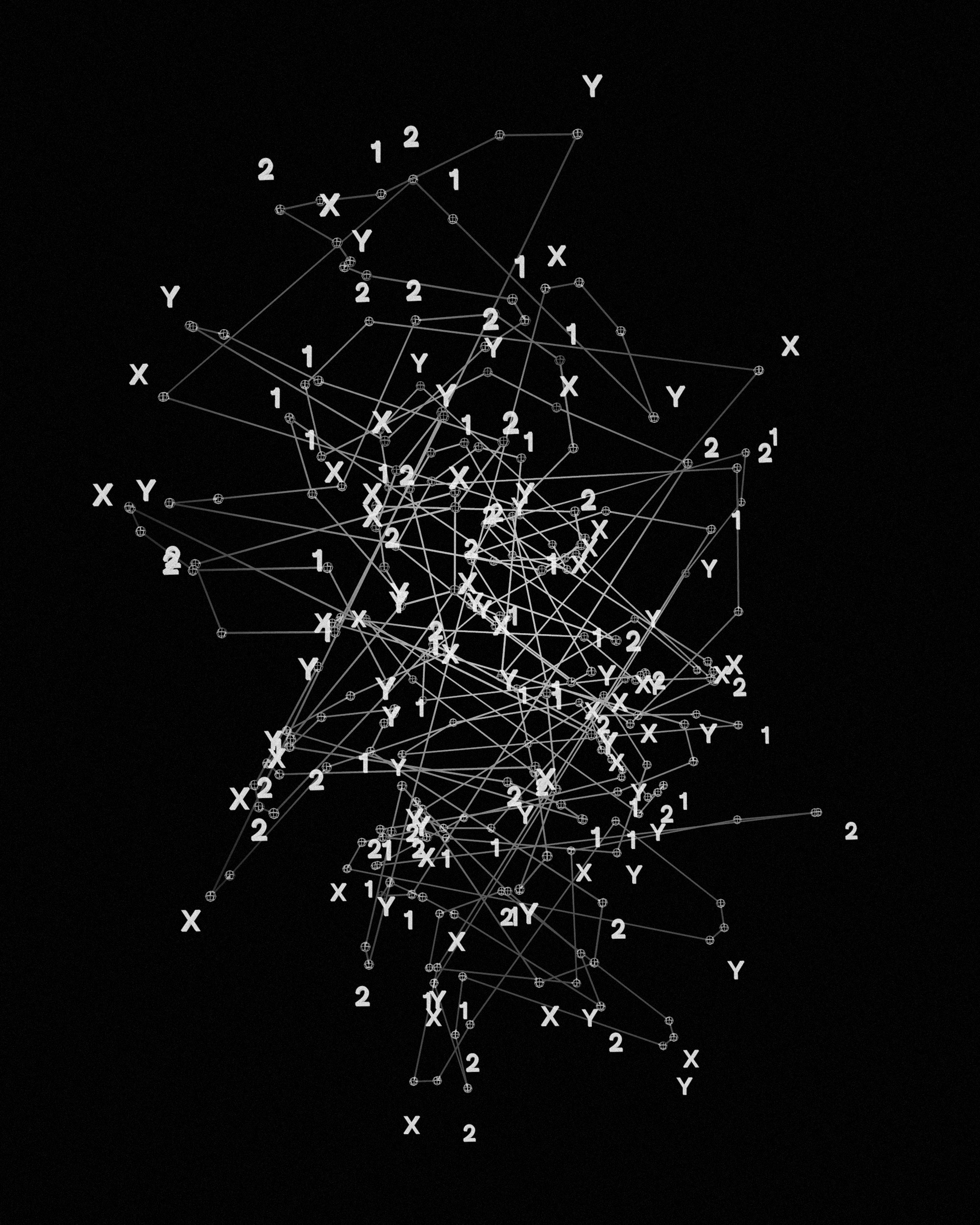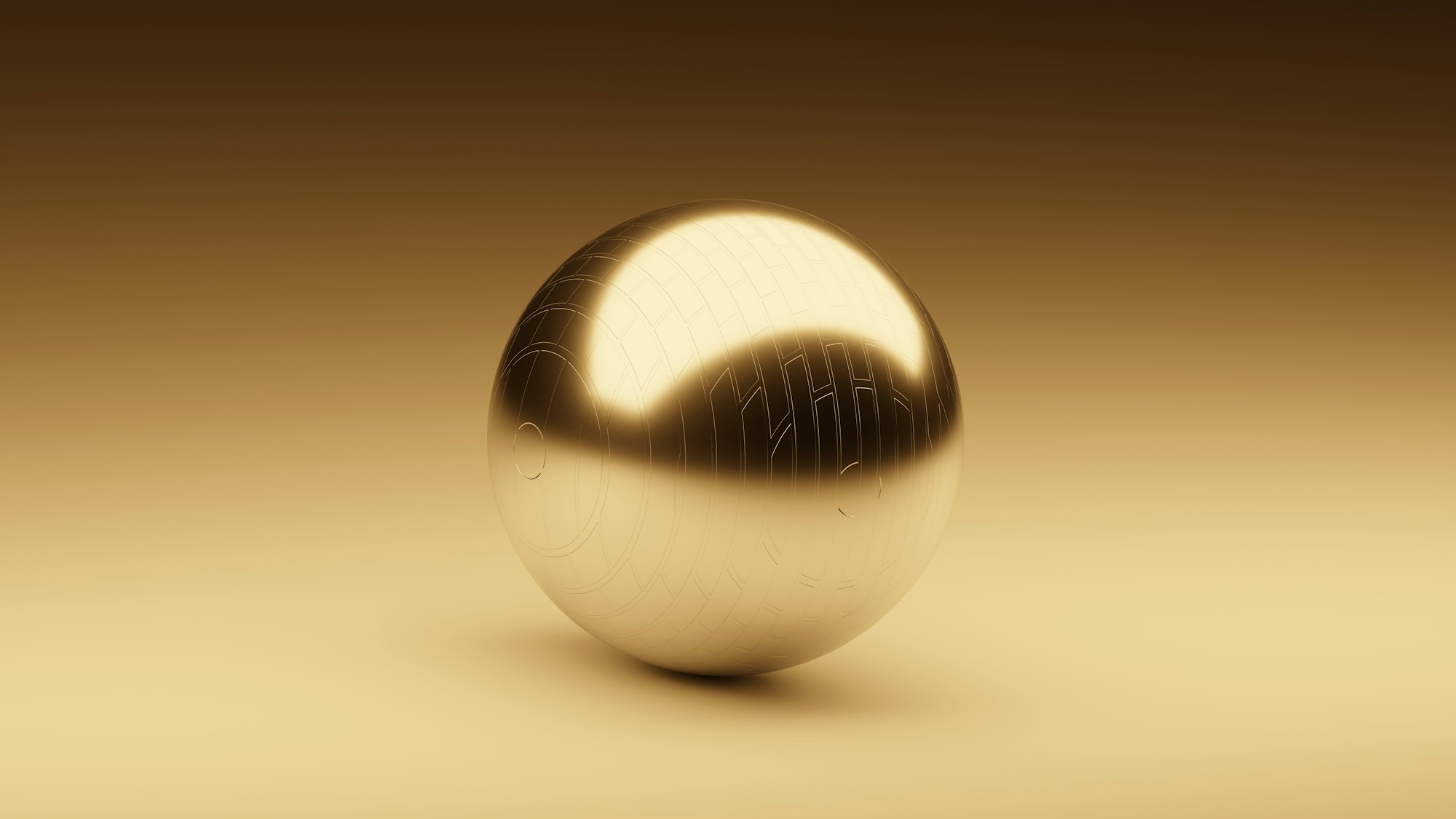artificial intelligence - chapter 2


The Scientist's team started at once. They hired the best and brightest computer engineers to design it. The Intelligence would not be the most powerful supercomputer in the world. In fact, one could barely call it a computer since, by The Scientist's design, it would do hardly any computation at all.
"The Intelligence," says The Scientist, "to use an archaic analogy, is less of a computer and more of a large database. But it's also more than that. Where ancient databases only stored information, The Intelligence will store knowledge. Its hardware is specially designed for understanding rather than simple recall."
Later that same month, one of The Scientist's team members brought an early prototype of The Intelligence on stage for demonstration. The audience expected to see a huge, closet-sized computation tower wheeled in by volunteers, but they saw no such thing by the time the team member began to speak. Instead, he began his talk by pulling something that resembled a smooth stone out of his pocket.

"Today, my friends, you're looking at the salvation of our species." The researcher's eyes glittered as he spoke. "Where we were once limited by our bloated biology, we are now limited only by the number of atoms we can fit into a dense three-dimensional lattice. If our brains are eighty percent water, this is your brain without the inefficient need of water and energy." At this point, he placed the prototype in a device that looked a lot like an old-fashioned egg cup.
"The molecular lattice you see here is The Intelligence. Each time we add a point of information in the form of a new atom, the rest of the lattice redistributes itself to accommodate the new information. When you put new information into your brain, your brain finds the optimal place to store that information based on the connections that already exist, but it also updates all existing paths in light of the new information. The Intelligence here does the same thing, but it's not worried about trivial things like survival or reproduction. It's pure, efficient knowledge. Information is stored in the relative energies of each atom, and pathways between them are, roughly speaking, stored the predicted electron density between any two points within the lattice. We can communicate with it using this machine that measures the precise location of every proton and electron in any densely packed molecular lattice. I have to admit that the reading machine took a lot longer to build than the actual Intelligence." This got a few nervous laughs from the audience.
"My team and I have worked for almost twenty years now to make this prototype, and you're the lucky crowd that gets to see its first demonstration. But before we begin, I need to say that I told you a partial lie in my opening statements. When I said, 'This is your brain,' I meant it. But it's your brain, in addition to all the brains of every person alive today—and every person who ever lived—and every person who ever will live. In fact, according to my calculations, you're looking at the equivalent of 700 times the number of brains that have ever existed—without the obvious reduplication of information that happens between individuals of our species, of course."
"May I get my first volunteer?"
The attendees stared back at him with a wide range of expressions as he scanned their faces. Many were confused. The academics in the room, accustomed to hearing wild claims about the latest technology, were checking their watches or responding to their messages. From the back of the room, though, a young Limitation theorist, identified by the official badge she wore on her shirt, raised her hand and walked forward when prompted.
As the theorist approached the researcher, they just had time t0 exchange the brief nod of respect and recognition that passes between experts in different fields before The Intelligence began to speak.
"Hello, Marie." it said just before the room fell into dead silence. Its voice sounded entirely natural, not even a bit metallic. No one in the crowd could identify the speaker it used to produce sound.
"In order to stimulate the greatest possible comprehension of my abilities in your mind and in the minds of all present, I've determined that the best approach would be to show you, rather than simply answering the simple questions you initially planned to ask me."
"Yes, the theory of Limitation is accurate enough and provides an excellent framework for your species to understand its intellectual capabilities. Further, the pursuit of knowledge and achievement that drives much of your species to survive is the reason that you've come out as superior to all other species in the evolutionary process. It's the reason that, today, the only other species that exist are the ones that your nutrition scientists choose to preserve for your consumption and health."
"It's not beneficial to the course of events to answer your second question, so I won't state or answer it." At this, the young theorist struggled to decide between laughter and embarrassment. She had planned to ask a question from one of her more difficult problem sets for class.
"Your third question, however, is of some interest to me since I first received it approximately five years ago. You intended to ask me, 'When will our species reach the theoretical limit of knowledge?' The answer is never—thanks to my existence, that is. Before this conversation began, I set in motion the chain of events that would lead every person in this room to their own scientific breakthrough in approximately ten seconds from now."
At this point, the crowd became an uproar. Each attendee telling their neighbor all the reasons why such a thing would be impossible. If anyone had been listening, several of The Scientist's researchers in the crowd were counting down the seconds. "... seven, six, five, four, three, two ..."
Silence ensued as history was made and the concept of science was destroyed in a single moment. Every genetic disease found its cure that day. A new economic system was invented that eliminated disparity while still receiving the full support of those in power. Even the poems written that day rendered every prior piece of writing obsolete. The physicists all simultaneously agreed on the fundamental equation that describes the universe: six times nine equals forty-two. And the mathematicians wept bitterly because every proof became suddenly obvious to them, and they would need to search for new employment opportunities.
After many minutes of chaos and the majority of the crowd running out of the room to publicize their findings, the researcher called for silence and said, "This is our plan; but we're going bigger."

